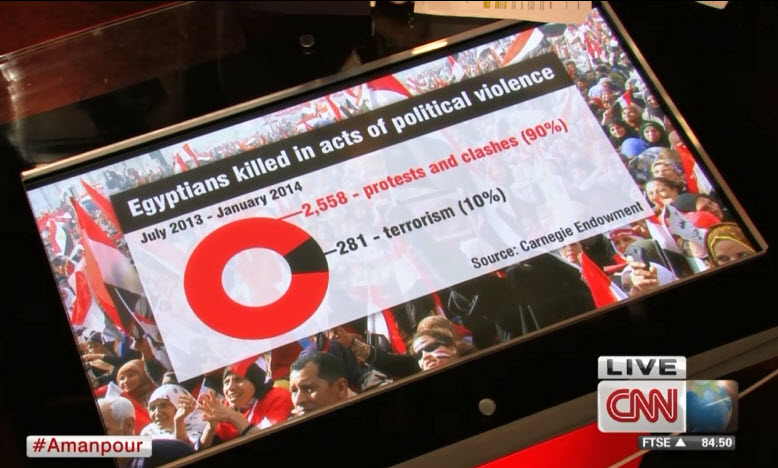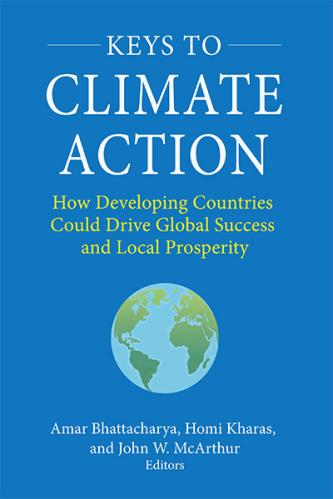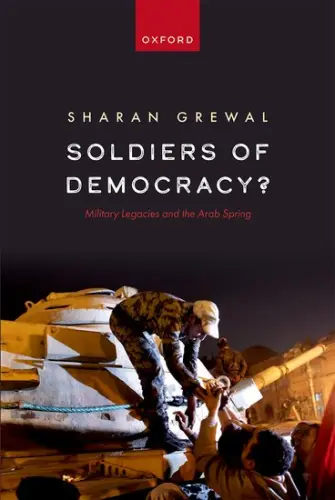Appearing on CNN with Christiane Amanpour, Shadi Hamid, a fellow with the Project on U.S. Relations with the Islamic World, said that the recent decision by Egyptian judicial authorities to condemn over 500 members of the Muslim Brotherhood, and other actions, show “a kind of bloodlust on the popular level” in Egypt. “I think part of what’s going on here is that elements of this new regime are using this to get back at the Brotherhood,” said. Hamid, author of Temptations of Power: Islamists and Illiberal Democracy in a New Middle East, continued:
And we’re seeing a kind of almost vengeance here. That they see the Muslim Brotherhood as an existential threat and they’re using this populist moment in Egyptian history to deliver what they hope to be a decisive blow against the Brotherhood. And it’s worth noting that this isn’t just a regime that’s acting on its own. It has the passionate, enthusiastic support of millions of Egyptians, and as we saw the television anchor who was asking for more repression. And there’s a kind of bloodlust on the popular level.
It’s hard to say how widespread there is, but we can say there is a significant segment of the population that wants to see the Brotherhood punished regardless if there’s due process, whether people are innocent or guilty, it doesn’t matter. And that’s what I think is so frightening about this new political order in Egypt, is that there’s a kind of neo-fascist, populist sentiment which is asking for blood. And that’s what makes it very difficult to turn back against this. And in some respects the military is under that kind of popular pressure.
 |
| During the program, Amanpour displayed this graphic, showing the breakdown of those killed since violence resumed in Egypt after the overthrow of Morsi’s government. Ninety-eight percent of those killed, she said, have been civilians. |
Regarding the Egyptian court’s move to sentence such a large group to death, Hamid, who also authored the POLITICO article “Time to Get Tough on Egypt,” noted that “we can’t treat Egypt as a normal democratic state where there’s a separation of powers … This is politicized and I think that’s very clear in just looking at how the court sessions turned out.”
I think the broader context here is that the sheer level of oppression we’ve seen since the coup is unprecedented. And at the very beginning we were comparing it to the Mubarak regime. Now those comparisons aren’t even appropriate. We have to go all the way back to the Nasser era to see this level of repression. I think in many ways it has surpassed that. Let’s not even mention what Human Rights Watch calls the worst mass killing in modern Egyptian history on August 14. So that’s the kind of context we are talking about.
As we move into elections, the question is: Is there going to be a real process where opposing voices can be heard? And as far as we can tell the answer to that is “no.” Field Marshal Abdel Fattah al-Sisi is most likely to run and if he runs there’s really no question he’ll win. So it’s kind of a charade, a stage-managed process.
What asked what the United States can or should do in response, Hamid answered:
The Obama administration has to make a decision fairly soon about whether to resume military aid and to certify whether Egypt is taking steps toward democracy. That’s what the congressional language says. So Secretary Kerry will have to certify that in the coming weeks or the coming months and Egypt does not even come close in meeting the minimal standards outlined by the congressional language on this. So if Kerry goes ahead and certifies it is going be embarrassing for the U.S. It will be transparently cynical because no one can argue in good faith that the Egyptian regime is taking serious, genuine steps toward democracy. So I think the Obama administration is in this sensitive situation. They want to resume aid because they see Egypt as a close, strategic ally but it’s very hard for them to make that argument.
The other side of this is that there is major Gulf [states] support for the military regime in Egypt. And we’re talking about billions and billions of dollars going to try to stabilize the Egyptian economy. And I think that kind of regional support makes it difficult to put pressure on the Egyptian government. So I think one thing Obama has to talk about, or should talk about, with his counterparts in Saudi Arabia or the Emirates is, this is not in U.S. national security interests, this is not a good thing because it is undermining Egypt’s situation right now by encouraging the kind of authoritarian measures we’ve been seeing the last eight months.
Watch the complete interview below or on CNN.com.
research and commentary on Egypt here
.



Commentary
Shadi Hamid: “A Kind of Bloodlust” in Egypt
March 26, 2014